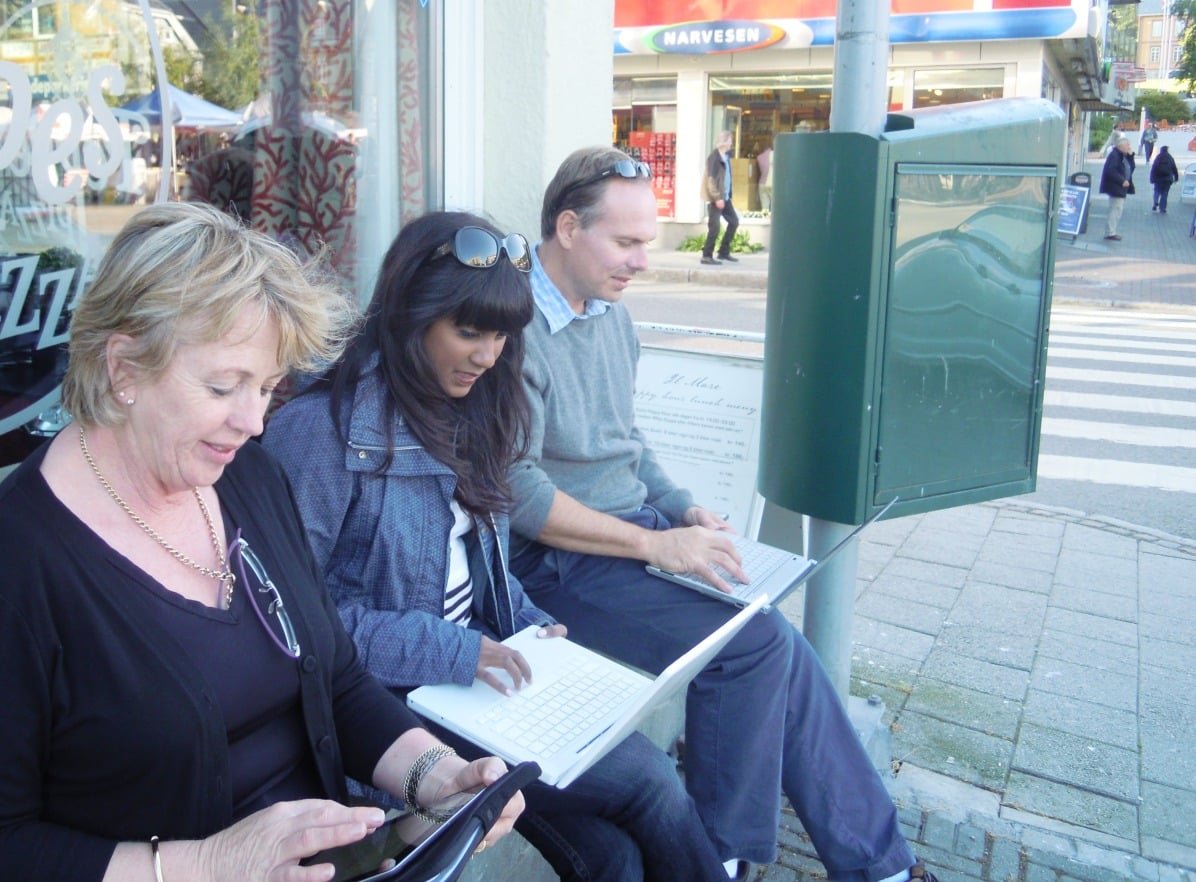 Yesterday, I interviewed Adam Levin who is a nationally recognized expert on cybersecurity, privacy, identity theft and fraud. He was kind enough to take all of my questions about how travelers can protect themselves against getting scammed. You can watch, listen to or read the interview here.
Yesterday, I interviewed Adam Levin who is a nationally recognized expert on cybersecurity, privacy, identity theft and fraud. He was kind enough to take all of my questions about how travelers can protect themselves against getting scammed. You can watch, listen to or read the interview here.
It’s a relatively long interview so not everyone has time to read or listen to it, which is why my wife, who’s also our Executive Editor (I met her on a press trip), suggested I write individual posts on some of the key tips.
One of them is how to connect safely and securely to hotel WiFi. I asked Adam about how he connects to Wi-Fi when he’s traveling. Adam had this to say:
“I always use a VPN. It’s not going to save you if you already have some kind of malware on your device, but at least it will keep you as hidden as possible. Just remember with VPNs … use ones you pay for. Free ones sometimes collect your data.
Also, make sure that you’re using the Wi-Fi from a particular home. Find out as much as you can about the security of the Wi-Fi, and then make sure that you’re actually using the specific letters that make up the name of the Wi-Fi or the numbers because someone could easily make just a slight derivation of that. It could be a hack.”
Adam then told a funny story about when he ran a cyber security event every year. He said, “One year we had one of the top election hackers in the world who came and did a presentation for us. One of the things he did was set-up a fake Wi-Fi network titled: Fake Wi-Fi network. Do not connect to this. 37 people out of 400 attendees actually connected to that network!” That’s crazy right?
That’s why it’s very important whenever you’re at a hotel, rental or conference to make sure that the WiFi system you’re connecting to is the official system.
Also, remember, don’t do anything sensitive when you’re connected to a network that’s not secure, and especially if you’re on notice that it’s not secure. You really want to be as safe as possible.
According to Norton: “When a Wi-Fi hotspot is unsecured, that means data you transmit or receive is unprotected. Anybody on the same network could spy on your information if they have the know-how.”
Norton says: “Sure, public Wi-Fi is convenient.” But then gives some examples of how your personal information can become compromised over public Wi-Fi. The list includes: stolen credit card numbers, stolen bank account information, stealing your usernames and passwords, eavesdropping on your online activities and infecting your computer with malware.
No one wants any of the above to happen so you should follow Adam’s and Norton’s tips, which include:
Check your settings
“Turn off any features that will automatically connect your device to any available Wi-Fi network. While you’re at it, turn off your Bluetooth unless you need to use it.”
Swap passwords
“Change your passwords before you travel.”
Hop on updates
“Be sure to update your software and apps.” The reason why is because “most software updates are released because they offer fixes for newly discovered vulnerabilities.”
Avoid sensitive sites
“Avoid logging in to any online accounts that store any of your sensitive information.”
Check your URLs
“Make sure the URL of the website you’re visiting starts with “HTTPS” because the “S” stands for secure, and data is encrypted.”







